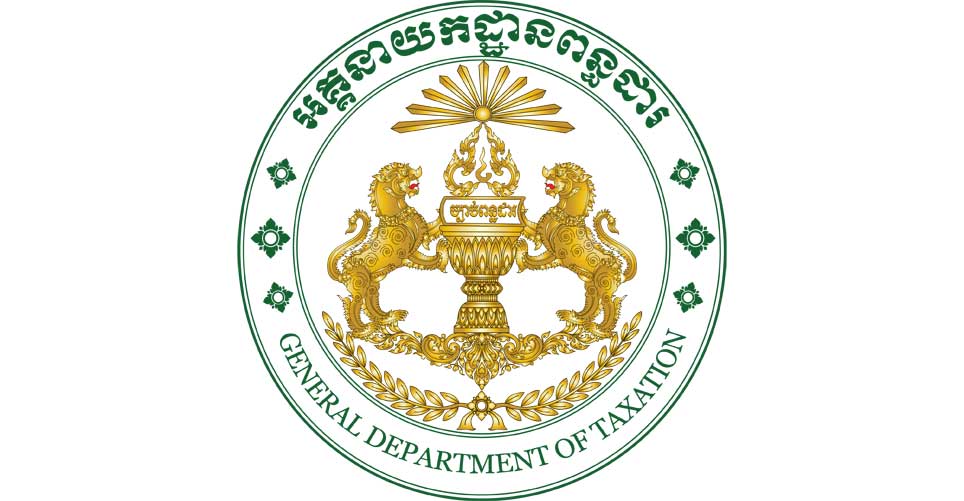Issue Description
Article 215 of the Law on Taxation outlines the responsibilities that arise from the transfer of a business or shares, and during mergers, as follows:
“In the event of a business transfer or share transfer, the new owner assumes all tax liabilities of the business or enterprise.
In the event of a merger involving two or more enterprises, the surviving enterprise is liable for all tax liabilities.“
According to the second paragraph, the surviving company of a merger or the company acquiring a business bears the tax liabilities associated with the constituent company or transferred business. This merely reflects established legal concepts. However, according to the first paragraph, the new owner(s) or share transferee(s), irrespective of their ownership stake, must assume full responsibility for the target company’s tax debts before the transfer, effectively piercing the corporate veil in tax matters. This provision totally contradicts the limited liability principle as it traditionally protects shareholders’ personal assets from creditors, including tax authorities. Whereas this protection is not absolute, generalizing the piercing of corporate veil is not legally and economically sound since this creates an irrefutable presumption of liability for all shareholders, linking them jointly and severally to the company’s tax debt.
The GDT’s stance is that tax liability extends to the shareholders without any limitation, which aims at preventing tax evasion. However, exoneration from tax debt is possible only if the company is declared bankrupt by a court. The GDT further advises taxpayers intending to do mergers and acquisitions to perform thorough due diligence, particularly tax due diligence, before any acquisition.
Impact on business
This provision as well the GDT’s stance will limit the merger and acquisition exercises, thus hindering economic growth, and foreign direct investment into the kingdom as investors may face tax uncertainties. From a practical perspective, conducting tax due diligence by independent tax advisors may not be the appropriate solution as the new owner(s) or share transferee(s) is still liable for tax debts arising from the tax audit on open tax years. The only avenue to tax certainty for investors is to request for tax clearance covering those open tax years. Seeking tax clearance certificate(s) is generally time consuming. Furthermore, even if the current practice allows the GDT to look back to N-5, the law on taxation still allows the GDT to go back as far as N-10 provided that the taxpayer has committed obstruction.
Recommendation
- Amend the article 215 of the law on taxation to establish, by principle, a limited liability for the now owner of a company.
The first paragraph of Article 215 should be read in conjunction with Article 214, which attributes tax liability to directors, managers, or owners if they cause the company to under-declare or not declare taxes. In other words, the new owner(s) or share transferee(s) is liable for tax debts unless they are proven to be actively involved or aware of tax under-declaration or tax evasion to be held liable. This approach may not inherently challenge the limited liability principle which ensures tax certainty for new investor(s).
Royal government of Cambodia
Initiative from Eurocham: The issue has been raised by the Tax Committee and published into the Advocacy Compass on 11th of April, 2024.

No response from the Royal Government of Cambodia
National Counterparts

General Department of Taxation
Contributors

Dr Antoine Fontaine
ANANT LAW FIRM

